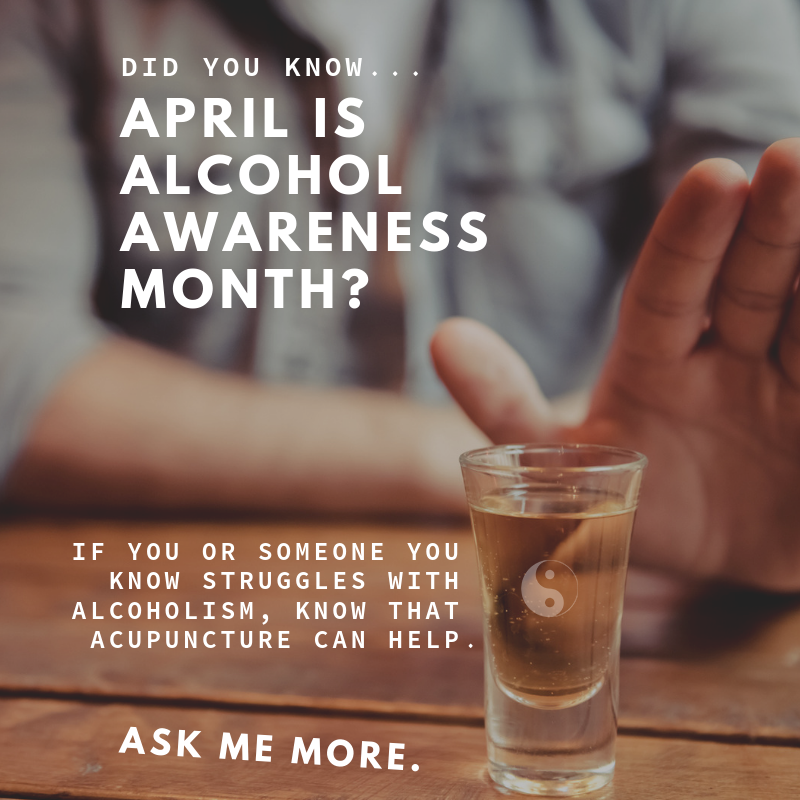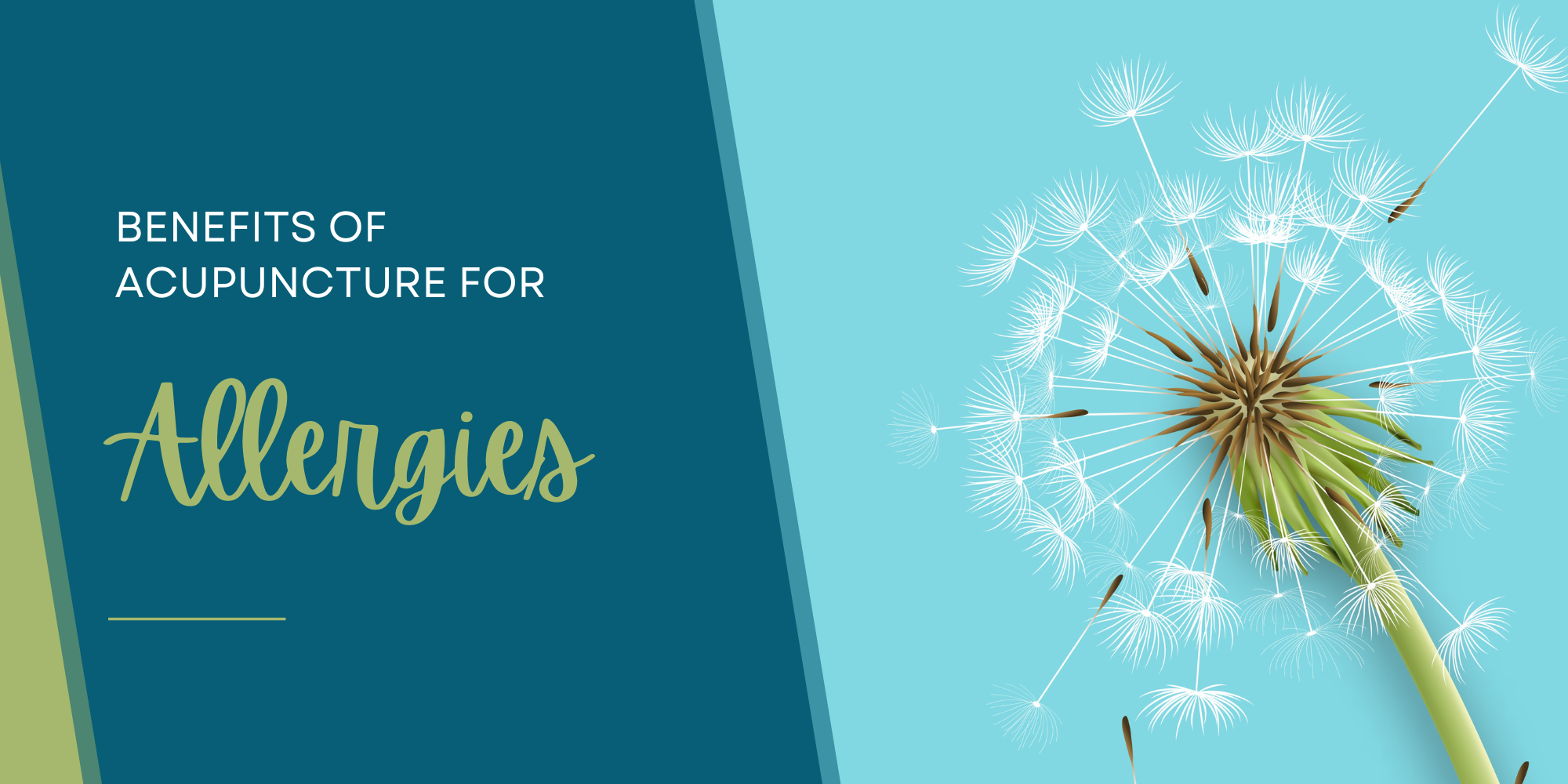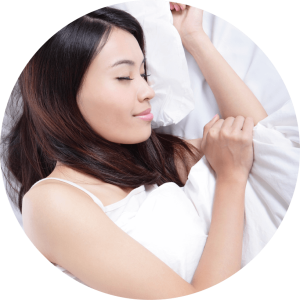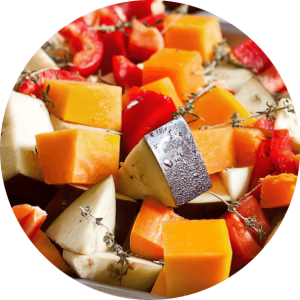- WE MOVED !!!
-
 Professional Acupuncture & Physical Therapy1118 East Superior Street
Professional Acupuncture & Physical Therapy1118 East Superior Street
Duluth, MN 55802(218) 724-3400 Clinic Hours
Mon8:00 am - 4:30 pmTue1:45 pm - 4:30 pmWed8:00 am - 4:30 pmThu8:00 am - 4:30 pmFriCLOSED

- Long Covid Booklet
Acupuncture
April is Alcohol Awareness Month

Did you know acupuncture can help people who struggle with addiction?
Addiction affects millions of Americans each year. Whether it’s substance abuse from alcohol, nicotine or other drugs, addiction is a disease that takes treatment and commitment to overcome. With the help of acupuncture, recovery from addiction can be made easier. Many times, rehabilitation doesn’t work the first time, but takes many tries to really kick a habit for good. Acupuncture has been proven to be an effective alternative option that can help treat addiction. After all, stress, anxiety and depression are some of the largest stumbling blocks in quitting addictive habits and behaviors. Acupuncture is successful at calming and relaxing the mind, reducing anxiety and alleviating depressive feelings.
5 Other Things That May Help Alleviate Addiction
- Meditation
Mindfulness is an important practice for overcoming addiction. Taking the time to become aware of our body and mind and self-reflect is important in the process of recovery. Meditation, whether or not it’s just five minutes a day of deep breathing in a quiet place, can help keep the mind at ease and decrease negative thoughts that could trigger relapse. Meditation is an easy way to regulate mood and lower stress. - Yoga
Yoga incorporates poses with deep breathing and meditation. Not only is this practice good for the body but the mind as well. Yoga promotes well being through poses that are intended to decrease stress and anxiety. Yoga of Recovery offers retreats and classes integrated into a 12-step recovery program. Retreats are done all over the world. - Gardening Therapy
Gardening therapy can be used for many reasons to promote mental well being. Gardening can prove to be a relaxing activity that gives a sense of purpose. Research has shown that gardening can lower irritation, improve self-esteem, lower anxiety and depression and improve concentration. - Exercise
Exercise is a must when it comes to recovering from an addiction. Not only is physical activity great for the body but for mental health as well. Exercise releases endorphins to fight cravings as well as lowers anxiety and depression. Adding in just 20 minutes of some sort of activity whether it is running, swimming or walking can help boost your mood and help you on the path to recovery. - Animal therapy
Having a pet has been proven beneficial in many ways for mental health. Studies suggest that those with an animal companion have lower stress, anxiety, depression and lower blood pressure. Animal therapy such as riding horses has also been proven effective and helps recovering addicts focus on caring for someone else.
April is alcohol awareness month. If you know someone who’s trying to quit, call Heidi at (218) 724-3400 to schedule an appointment. Maybe acupuncture can help.
Benefits of Acupuncture for Allergies

A runny nose, sneezing, itching and watery-eyes…also known as symptoms of allergies. Seasonal allergies can really be a pain. It is estimated that nearly 50 million Americans suffer from seasonal allergies every year. And, the amount of money being spent on over-the-counter allergy medications is over $18 billion.
But, what if there was a way to combat seasonal allergies without the side effects of medications and to actually get to the root of the problem instead of just masking the symptoms? Well, there is a way to do this, and it’s called acupuncture.
Acupuncture and traditional Chinese medicine offer a permanent solution to seasonal allergies with an all-natural approach that will ultimately save you money. Since traditional Chinese medicine (TCM) attacks allergies in a much different method than Western medicine, there is a good chance your allergies will cease to be a problem. Western medicine knows how allergies work and what happens to the body, but there is still no explanation as to why. TCM doesn’t need to know why because TCM looks at the body as a whole and uses an elemental system to determine where there are excesses and deficiencies in each person. So the TCM treatments are completely customized to each patient, thus making them much more effective than over-the-counter medications.
When using TCM to treat allergies, practitioners focus heavily on something called Wei Qi. Wei Qi is similar to the immune system in Western medicine. Wei Qi protects the body against foreign materials that can lead to inflammation and eventually allergies. People with lower immunity/Wei Qi are more susceptible to allergies and frequent colds. Acupuncture helps to boost the Wei Qi making it more difficult for allergens to attack the body.
Acupuncture by itself will make a difference in fighting allergies, but adding herbs and herbal formulas will provide the final punch to help eliminate allergies for good. Because each patient has different causes for their allergies, adding herbal formulas can greatly increase the efficacy of the acupuncture treatments by extending the effect of the needles. For example, if a patient specifically gets itchy, or watery eyes when their allergies flare up, then the practitioner would likely want to draw the excess energy/element down. In this particular case, the patient would have an excess of fire creating wind. The practitioner would use acupuncture points known to decrease fire and wind in the body. Then also adding herbs that do the same thing, would create a one-two punch type of treatment that has longer lasting, more permanent effects.
Ultimately what acupuncture does is boost the Wei Qi/immune system while decreasing the inflammatory response in your body that occurs when an allergen is encountered. The other aspect of treatment, as stated earlier, is to look at the patient as a whole versus just the symptoms. A good acupuncturist will also focus on dietary habits that may be contributing to your allergies. Many times a person’s Wei Qi is depleted from within due to the foods they are eating. Things like sugar and dairy are often associated with a lower immune system. Eliminating or drastically reducing these items will allow the body to recover more quickly, making allergy attacks easier to resolve.
A comprehensive plan including acupuncture treatments, herbs and dietary changes will yield the best results when it comes to fighting allergies. Be sure to seek out a professional, fully trained and properly licensed acupuncturist and you will be grateful year after year for the relief they provide when it comes to treating allergies. Call Heidi at (218) 724-3400 today to schedule an appointment.
Traditional Chinese Medicine for Sleep

If you are suffering from insomnia or unable to get a good night’s rest, you are not alone. Around 60 million Americans experience insomnia and sleep related problems on a daily basis. Prescription sleeping pills are one of the most highly overused medications and can lead to side effects and addiction. Acupuncture is a centuries-old practice that has been proven to help sleep disorders without the risk of addiction or putting chemicals in the body.
How acupuncture works
Acupuncture works by addressing the root of the problem to return the body back to health. One clinical study found that patients with anxiety had increased sleep time, quality of sleep and felt less stressed with acupuncture treatment. Traditional Chinese Medicine uses the meridian system, the body’s channel in which energy flows through, to stimulate Qi to return the organs to balance. When there is an imbalance in the body, illness such as insomnia arises. Acupuncture uses specific points on the body related to sleep problems to treat underlying issues.
There are many problems that contribute to insomnia such as chronic pain, depression and stress. Acupuncture is known to be a great alternative treatment for these related issues. In TCM, insomnia is looked at as a heart and liver imbalance. Acupuncture especially addresses these organs to help calm the nervous system and improve the muscle and nerve channels by increasing blood flow.
Chinese herbs for sleep
There are many Chinese herbs that have been known to help insomnia and to get a better quality sleep. These herbs are easy to find at the store and are widely safe to use.
Chrysanthemum tea: Chrysanthemum is known to help the clean the liver. When the liver is not working properly, it can cause insomnia, irritability and dizziness.
Ginseng tea: Ginseng is used for a number of health benefits. It is commonly used to help fatigue, dry mouth and shortness of breath. Although ginseng is typically known as being a stimulant, the root works by normalizing your body’s stress levels. Because of this, when taken during the day, studies have shown that it can help increase quality of sleep at night.
Schisandra tea: Schisandra berry tea can be found at health stores and is known to promote lung and kidney function. Because of this, it is a great tea to help insomnia and fatigue.
There are many options when it comes to treating insomnia. Traditional Chinese Medicine offers an effective treatment that leaves out the dependency of sleep-aid medications.

7 tips to sleep better
Many of us find it hard to fall asleep at night and stay asleep, as a result we often wake up feeling groggy and not rested. Sometimes improving sleep is as simple as changing your habits during the day. Below are easy ways that can dramatically help you get a good night’s rest!
Cut yourself off in the afternoon. Believe it or not, even having caffeine at 2pm can affect your sleep. Make sure to get that last cup of coffee in beforehand and watch out for certain drinks you may forget have caffeine in them such as soda and many teas.
Try restorative yoga. Practicing deep breathing and stretching before bed can help relax the mind and body. Try spending even just ten minutes to stretch and practice mindfulness.
Limit your screen time. Let’s face it, we are all addicted to our phones and computers. It’s tempting to look at your phone until the moment you fall asleep. Turn off all electronics an hour before bed to help the brain get into sleep mode. The screens on your devices make it hard for the brain to relax.
Acupuncture. If you are finding yourself struggling with insomnia you may want to consider acupuncture treatment. Acupuncture is non invasive and has been proven to reduce stress, help chronic pain and increase quality of sleep.
Aromatherapy. Lavender has been proven to lead to a better, deeper sleep and help those with insomnia fall asleep more easily. Sniff or rub lavender oil on your wrists before bed to feel the effects.
Exercise. Exercising regularly has many health benefits. It can also help you get a better sleep. Even just 20 minutes of some form of exercise a day can make a difference.
Cut down on the alcohol. Although some drink a glass of wine before bed to unwind and fall asleep, you are actually more likely to get a poorer quality of sleep. If you do decide to drink, do so earlier in the night to ensure a deep sleep.
What Should I Eat? Winter Food Suggestions

Traditional Chinese Medicine views things differently than other medical systems. In TCM, there are guidelines that are considered very logical when it comes to the seasons. These guidelines lay out what foods and activities are best for each season of the year. Chinese medicine teaches us to live in harmony with the seasons. In TCM, there are actually five seasons – summer, late summer, fall, winter and spring. Every season has many associations which help guide people to create a more balanced life. When TCM was being developed, people lived in harmony with nature and they lived healthy, balanced lives. In modern society, we have gotten away from our connection with nature and we have many more distractions that have ultimately led us to become unbalanced and unhealthy.
Winter represents the most yin aspect of Chinese medicine. The properties associated with yin include darkness, cold, slow movement and inward energy. Winter is associated with the kidneys in TCM. The kidneys hold the body’s fundamental energy or Qi. By balancing ourselves with the corresponding seasons, we can prevent disease and stay healthy. So for the season of winter, we should take note of what happens in nature and do the same. To keep the kidneys strong, we must rest. This is why many animals hibernate during the winter. It is also a time to reflect inward and perform activities such as meditation, tai chi and qigong. These are the kinds of practices that help us connect with our inner selves and also support kidney energy.
 When it comes to foods most beneficial for the body during the winter months, there are many to choose from. These should also be ones that naturally grow during this season. Items such as squash, potatoes, pumpkin, sweet potato, cinnamon, nutmeg, cardamom, beets, greens, carrots, mushrooms, apples, pears and cabbage. During the winter months, cold foods like salads and raw foods should be avoided as they will deplete the immune system. Instead, our bodies need warming foods like soups made with hearty vegetables. Bone broth is also very beneficial and becoming more mainstream. There are also foods that specifically target and nourish the kidneys. These include kidney beans, beef, goose, duck, black beans, lamb, chicken, dark leafy greens, garlic, ginger, walnuts, watercress and turnips. Sea salt is also helpful. Salty is the taste associated with the kidneys. But as with anything, moderation is key. Too much salt can actually tax the heart, which then causes the kidneys to work overtime.
When it comes to foods most beneficial for the body during the winter months, there are many to choose from. These should also be ones that naturally grow during this season. Items such as squash, potatoes, pumpkin, sweet potato, cinnamon, nutmeg, cardamom, beets, greens, carrots, mushrooms, apples, pears and cabbage. During the winter months, cold foods like salads and raw foods should be avoided as they will deplete the immune system. Instead, our bodies need warming foods like soups made with hearty vegetables. Bone broth is also very beneficial and becoming more mainstream. There are also foods that specifically target and nourish the kidneys. These include kidney beans, beef, goose, duck, black beans, lamb, chicken, dark leafy greens, garlic, ginger, walnuts, watercress and turnips. Sea salt is also helpful. Salty is the taste associated with the kidneys. But as with anything, moderation is key. Too much salt can actually tax the heart, which then causes the kidneys to work overtime.
You should cook for longer periods of time and on low heat with less water, so things like stews are perfect for this time of year. The longer cooking times will infuse the foods with more heat, which will help keep the body warm. It is recommended to bake, roast, stew and slow cook foods in the winter. Hearty soups, roasted nuts and whole grains should be consumed when possible because they offer nourishment that feeds the body as well as the kidneys specifically.
By taking cues from nature and ancient healing practices, better balance can be achieved and health can be maintained. Those that went before us may not have known everything, but they did know how to survive or we would not be here today. Trusting the teachings of our ancestors will allow us to continue to survive also.
Kidney 3 – Point of the Month
Kidney 3, also known as the Great Valley is a superstar acupoint for many reasons. Located on the inside of the ankle, in the depression between the medial malleolus and the tendo calcaneus, this point is aptly named because it is located in the valley between the achilles tendon and the malleolus. The tibial artery can even be considered a “stream” running through the valley.
Kidneys would include the kidney-urinary system, as well as the endocrine system. The kidneys would also be where you would find the adrenals. In Traditional Chinese Medicine, the kidneys are also the storehouses of our Qi and have a direct relationship to reproduction and aging.
Locally this point can be used for heel and ankle pain, including plantar fasciitis. For reproduction, the kidneys are essential for sperm and egg health and Kidney 3 can help with impotence as well as irregular menstruation and endometriosis. For urinary health it can treat nighttime urination issues, as well as incontinence, chronic cystitis, frequent urination and even dry stools!
The kidney is related to the lungs and Kidney 3 can work for certain types of asthma, especially when there are issues taking deep breaths. It can help alleviate coughing as well as reduce wheezing. The kidney meridian has an internal branch that goes to the throat and Kidney 3 can be indicated for sore throats, dry mouth, throat, cough and laryngitis.
On a more emotional and spiritual level, Kidney 3 can help when there is an imbalance between the kidney and heart in cases of anxiety, insomnia, dream-disturbed sleep and forgetfulness. For imbalances with the liver and kidney yin, this point can help with irritability. For people who need to be grounded, Kidney 3 can be combined with Stomach 36 for a very calming effect.
Seven Ways Acupuncture Can Help Men’s Health

Traditional Chinese Medicine (TCM) is a complete medical system that has been around for nearly 3,000 years. It combines nutrition, herbs, acupuncture and other modalities to help keep the body functioning properly, while also treating any ailments that might occur. TCM has been used to treat both men and women, regardless of their age, and TCM is frequently becoming the medical choice for those who prefer to use holistic forms of medicine to heal themselves.
There are certain health issues more prevalent in men than women, and many of these conditions can be easily controlled or treated using Traditional Chinese Medicine. Afflictions such as high blood pressure, depression, urinary issues, stress and prostate problems are just a few of the issues that are more frequently seen in men than women. And these issues, along with many others, respond very favorably to acupuncture and TCM.
Prostate issues are a prominent concern for men. From enlarged prostates to prostate cancer, this area of the body gets a lot of attention. One of the most common problems facing men is benign prostatic hyperplasia or what is commonly called the enlarged prostate. An enlarged prostate often leads to bladder, kidney and urinary problems, especially urinary retention. This is very easily controlled with acupuncture and herbs because the combination of the two help alleviate the inflammation of the prostate allowing the urine to flow freely.
Cardiovascular disease is another big concern for men and it is the leading health threat to men. Acupuncture has been found to be particularly beneficial in lowering blood pressure, which often helps prevent cardiovascular disease. Acupuncture stimulates the release of natural opioids in the body, which then decreases the heart’s activity and lowers the need for excess oxygen. All of this lowers blood pressure.
Another area where men need more help is dealing with mental health issues and depression. Men are much less likely to discuss their feelings and emotions, which can frequently lead to depression and even thoughts of suicide. In fact, men are four times more likely to commit suicide than women. Acupuncture helps balance the chemicals released by the brain and the hormones released by the endocrine system. All of these imbalanced chemicals can lead to mental health issues that manifest over time.
Insomnia and sleep-related disorders are another major concern for men. Acupuncture has been shown to be beneficial at restoring balance and allowing the body to relax and rejuvenate. In fact, acupuncture often times outperforms many prescription and over-the-counter sleep aids.
Men tend to suffer from pain more than women, just because their jobs can be more physical. It is statistically shown that men are less likely to seek out help when they experience pain, as they don’t want to appear weak. This is where something like acupuncture can be a great asset for men. Regular acupuncture treatments as preventive medicine can help keep them in top shape, thus avoiding aches, pains, strains and pulls.
Fertility is not something that usually comes to mind when it comes to men’s health issues. However, stats show that 35-40 percent of all fertility issues are male conditions. Studies have shown acupuncture and Chinese herbs are very effective at improving sperm quality and the instructional integrity of the sperm. This is why many acupuncturists who focus on fertility issues treat both the male and the female as a team.
Lastly, acupuncture is a great way to combat digestive issues frequently related to added stress and this occurs more in men than it does in women. The most common digestive disorder is heartburn or acid reflux, which is usually caused by stress and poor diet. When stress levels are decreased, then stomach acid can decrease also, thus alleviating heartburn.
These are just a few of the issues acupuncture can help with when it comes to men’s health. But it is easy to see why choosing acupuncture to help keep the body in alignment is a great option, especially for men. Contact Heidi today at (218) 724-3400 to see her in Duluth MN asap.
